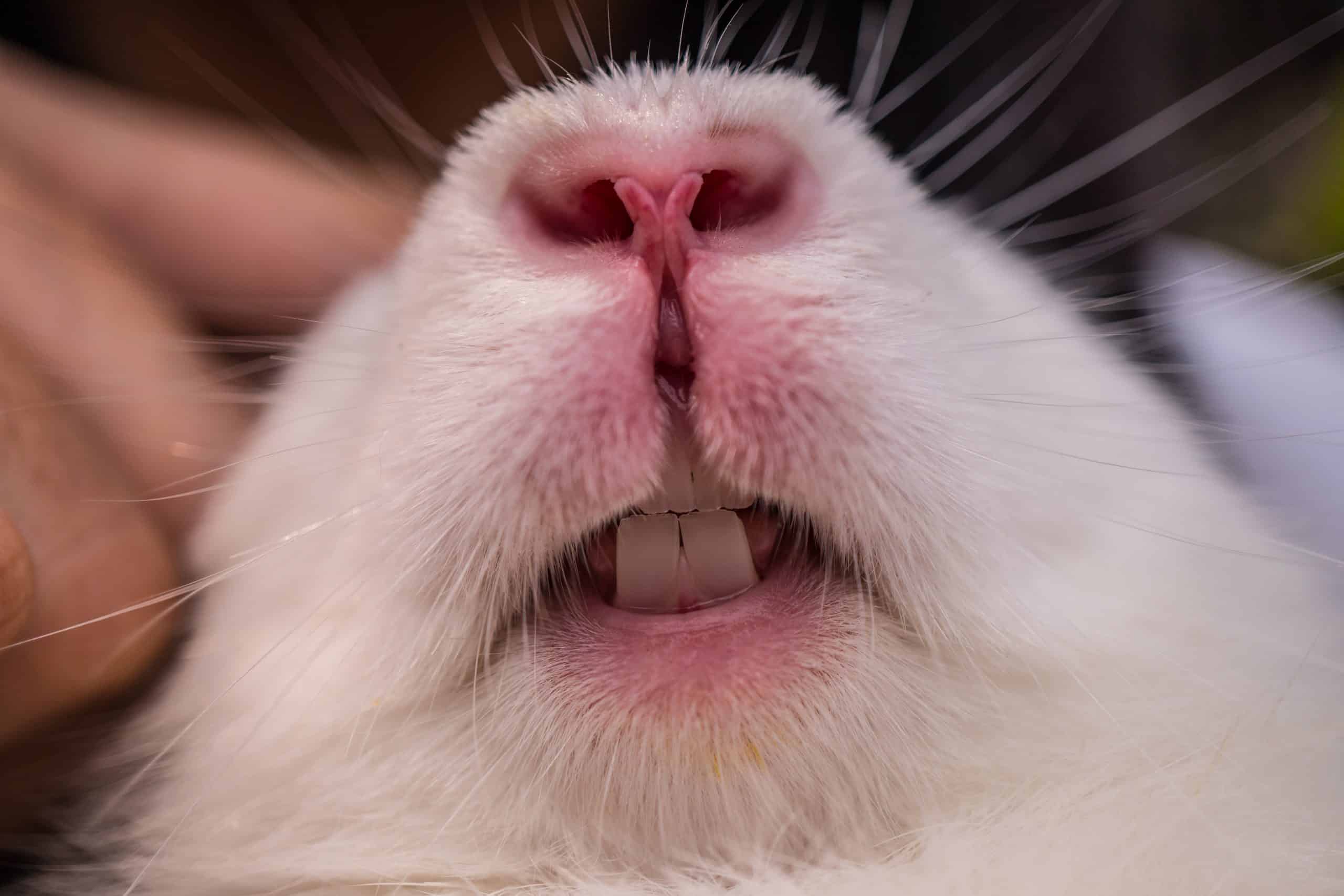
Disease Archives Page 2 of 3 SimplyRabbits Rabbit care
Check for any overgrown teeth, tooth spurs, or abscesses. Open your rabbit's mouth and look at the back teeth. These are often difficult to see, so you may need to use a flashlight or ask for assistance. Press on your rabbit's cheeks to check for pain or discomfort. Take note of your rabbit's eating habits.

Why Do Humans Have Teeth Similar to Rabbit Teeth?
A person is usually called a rabbit tooth when the person's lower jaw teeth are in place and the upper teeth have moved slightly forward and forward and are large. Moving the upper teeth forward reduces the appearance of a person's face. One of the most important things you need to know about these types of teeth is that they have a huge.

Rabbit Tooth Problems. Prevention is key! Small Pet Select Rabbit diet, Small pets, Teeth
Rabbits have a total of 22 cheek teeth; ten on the bottom, and twelve on top. The bottom part of their jaw (mandible) is wider than the top part (maxilla). Because of this, the top and bottom cheek teeth don't actually touch when the rabbit closes its mouth. This is why, when rabbits chew, they grind their teeth from side to side, rather than.
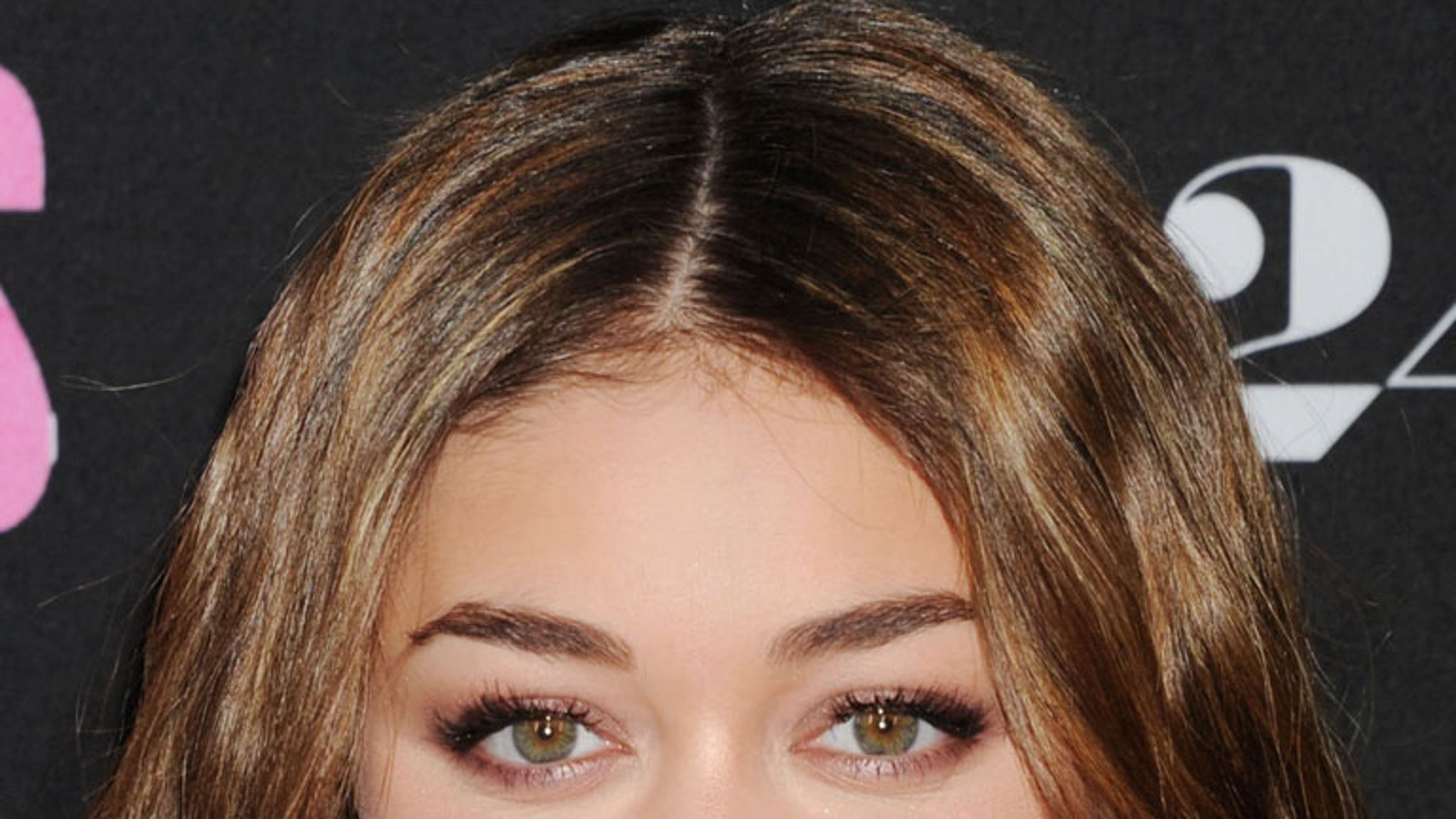
Celebs with Bunny Teeth
Bunny teeth in humans can be attributed to a variety of factors. One prominent cause is genetics. Just like inheriting your mom's eyes or your dad's curly hair, bunny teeth can run in the family.. 🥕 As much as we adore our furry friends, human bunny teeth may not be for everyone. Luckily, advancements in orthodontics allow.
These 20+ Photos of TWICE's Nayeon And Her Bunny Teeth Will Make You Squeal Koreaboo
01:00. A woman is fighting tooth and nail against internet trolls who are making fun of her "bunny teeth.". Ulya Nikita, from Palawan, Philippines, is being targeted online after she spent.
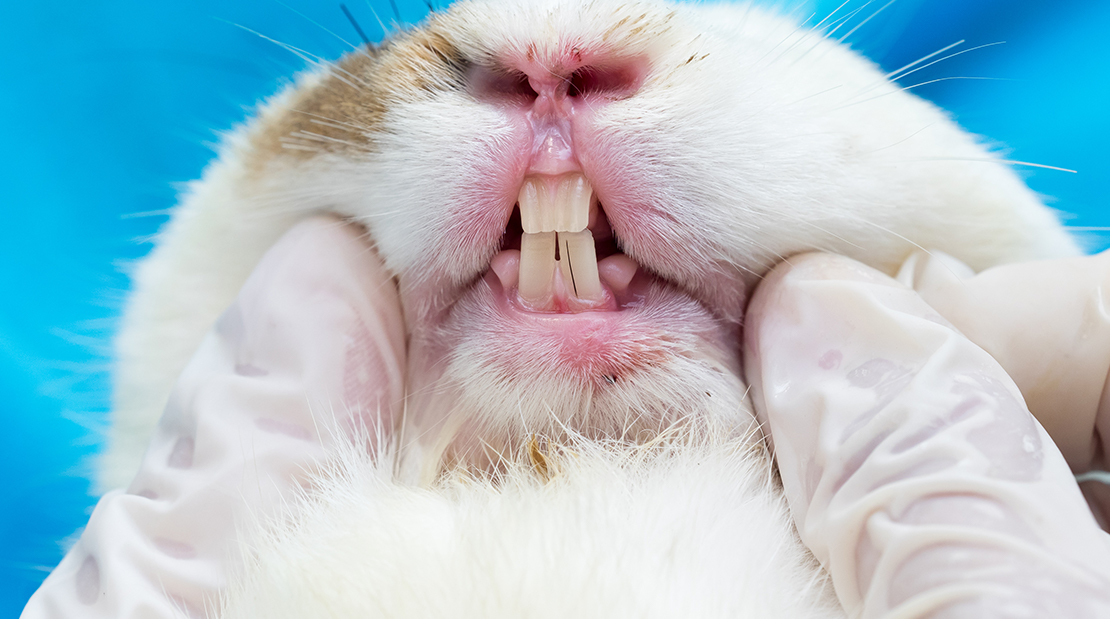
Rabbit Dental Care CyFair Animal Hospital
5. Rabbit's upper incisor teeth have a groove on them. The teeth at the front of rabbits' mouths are incisors. The two large upper incisor teeth of bunnies have a groove running all the way down them. 6. Rabbits use their incisor teeth for cutting through food. The front teeth of rabbits, called incisors, are sharp.

Me Myself and who am I kidding, it's all about the kids! Bunny Teeth
The cheek teeth function like human teeth. It helps your rabbit grind and breaks down food for better digestion. At the same time, large incisors are sharper than the cheek teeth. It is used to cut and slice food into smaller, bite-sized chunks. A rabbit's teeth are open-rooted, meaning they will grow throughout her life.
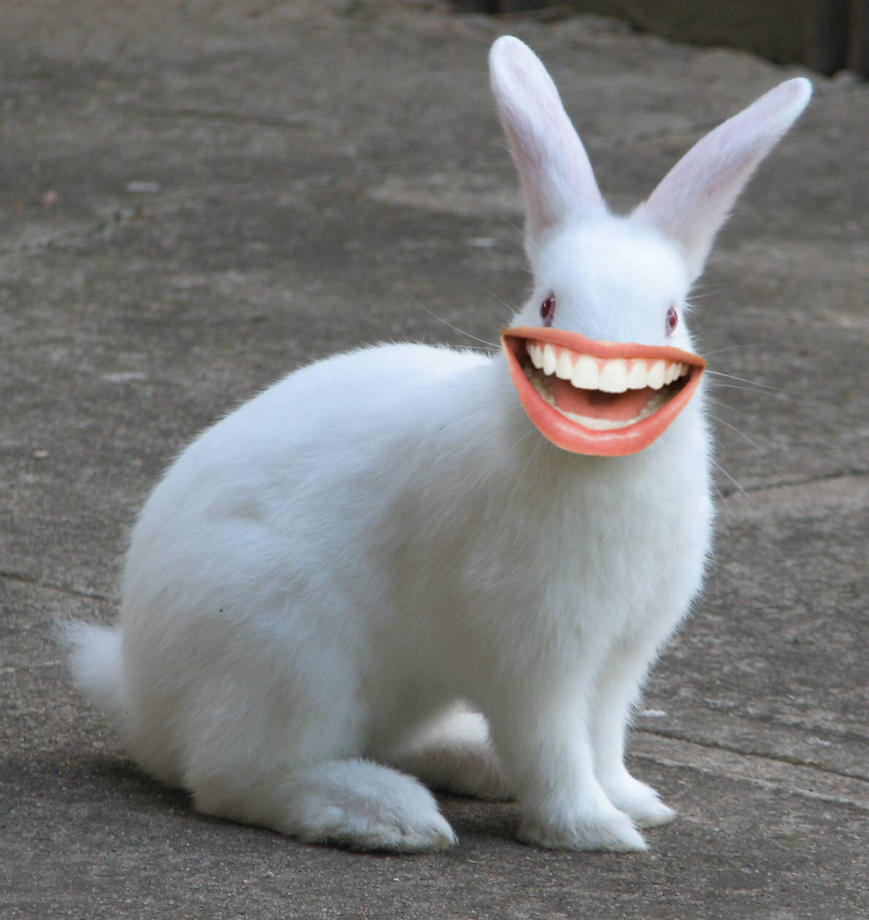
If rabbits had human teeth by graffitiFTW on DeviantArt
Most know that rabbits have four large front teeth, also known as incisors, which are very sharp. However, most are unaware they have 24 other teeth. Rabbits actually have six incisors: right behind the upper incisors there are two small "peg teeth," with another two on the top and another two on the bottom. They also have cheek teeth along.

Bullied Buck Tooth boy sees and ORTHODONTIST [massive transformation] YouTube
Rabbit teeth also don't have any enamel to protect them, like human teeth do. This is good because it means the rabbit's teeth can wear down faster. But it also means that if a rabbit gets a crack or chip in their tooth, they have a higher chance of getting an infection.. The four basic types of rabbit teeth: Incisor teeth: Rabbits have.

Celebs with Bunny Teeth Photo 1
This helps wear down their teeth and keeps them trimmed. You should also give your bunny a variety of fibrous fruits and vegetables to eat as well. Some good choices include. Dark, leafy greens and plant material such as kale, dandelion greens, bok choi, and romaine lettuce.

“Rabbit Kid” Was Bullied His Whole Life Until He Gets The Biggest Transformation
A rabbit's mouth has three sets of teeth set far in the front for biting, similar to the front teeth of a human. However, they have four upper front incisors rather than two, with two larger ones in the front and two "peg teeth" slightly behind them.. Rabbit teeth need to be ground down naturally on a daily basis by eating large.

More About Rabbit Teeth Issues • the Hilo
Bunny teeth, also known as buck teeth, are a dental condition where the upper front teeth protrude outwards from the gum line, giving the appearance of rabbit or bunny teeth. While bunny teeth may not cause physical discomfort, they can affect a person's self-esteem and confidence, making them a significant concern for many people. There […]

He Was Bullied Because of His Rabbit Teeth. But a Few Years Later He Surprised Everyone
1. Rabbits Have Incisors & "Cheek Teeth". Rabbits have 28 teeth, four fewer than humans. While humans have a variety of types of teeth that perform different functions, the types of teeth rabbits have are less varied. In fact, they only have incisors, premolars, and molars (also known as cheek teeth). Rabbit incisors steal the show, however.

Guys, girl with rabbit teeth OK or NO? GirlsAskGuys
Rabbits will bite into their hay and veggies with the incisor teeth in a vertical bite motion. To chew the food, the rabbit will use the premolars and molars, often called 'cheek teeth', in a horizontal motion. This is important to keep the teeth filed down properly. Hay and greens are the best food to encourage normal wearing of the cheek.
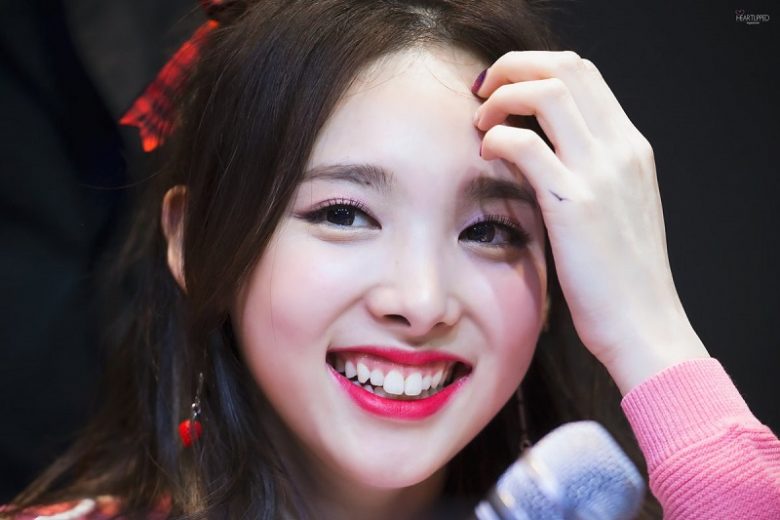
Rabbit Teeth Remedies for Protruding Upper Incisors Health Articles Magazine
If that is the case, orthodontics, either braces or Invisalign could be the first choice in treatments because there are also usually concerns with other teeth as well. If they are just a bit too long, then they can be shortened by drilling some of the enamel off the edge of the teeth (called enameloplasty).

Rabbit shows off his teeth and birthmark! YouTube
Rabbit teeth facts. Dental formula - Adult rabbits have a total of 28 teeth with a dental formula of 2(2/1 0/0 3/2 3/3) = 28 while kits have is 2 (2/1 0/0 3/2) = 16; Rabbit teeth growth - They continuously grow with incisors growing at 2-2.4mm per week.Cheek teeth grow slower with mandibular ones growing at 3-4mm per month and the maxillary ones erupt or grow even slower.